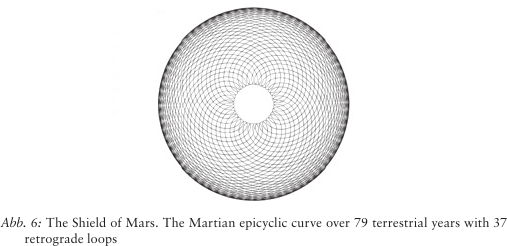The Beauty of Anthroposophy
or: What’s Scientific about Spiritual Science?
Export Article Citation as
- Plain text
- BibTeX
- RIS format
- Download price : € 6.00
Abstract:
According to 20th century philosophy of science, the interplay of intelligibility, discovery and justification is what designates a scientific approach. Intelligibility, in that science renders phenomena meaningful. Discovery as the moment of insight that ultimately yields a hypothesis, which can be corroborated or falsified by proper experimental testing. In this essay, the problems of this model of science are addressed and three additional concepts are brought into discussion to characterize science: sublimity, beauty and elegance. The meaning and application of these terms in the history of science are illustrated by examples. Beauty and sublimity can also be experienced in the ideas of Steiner’s spiritual science. The plea for the criteria of science suggested here is a plea for the scientific approach of anthroposophy as well.





